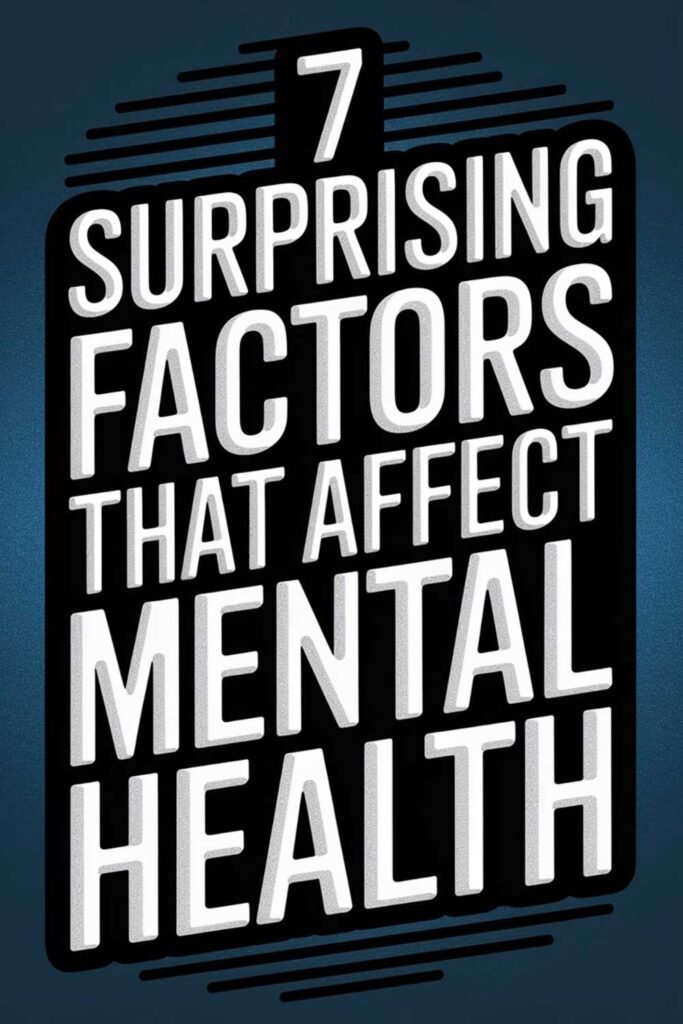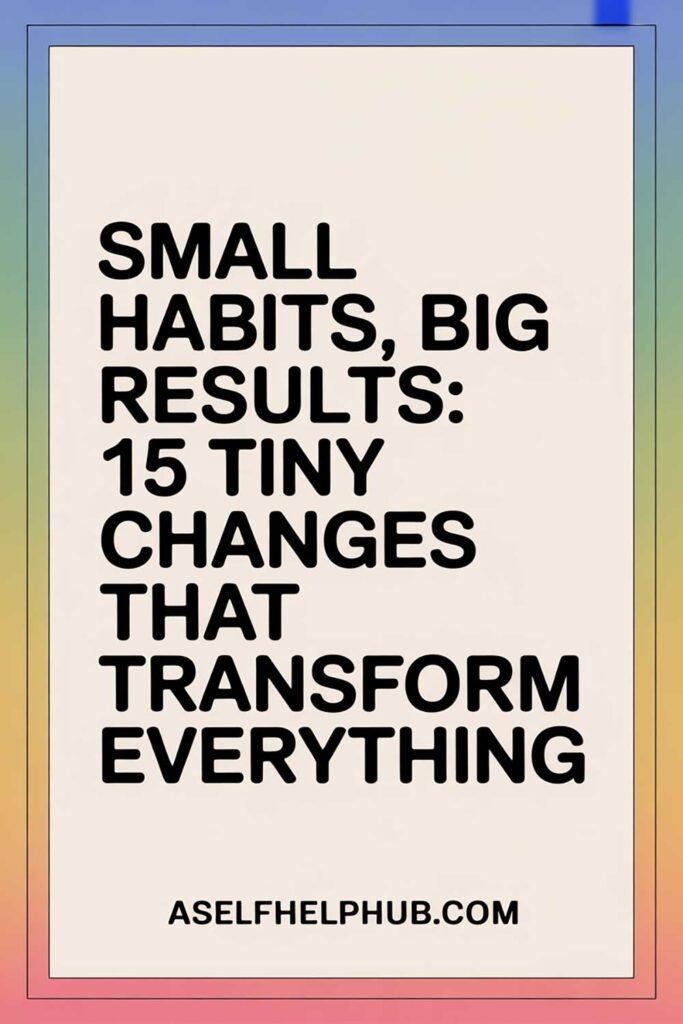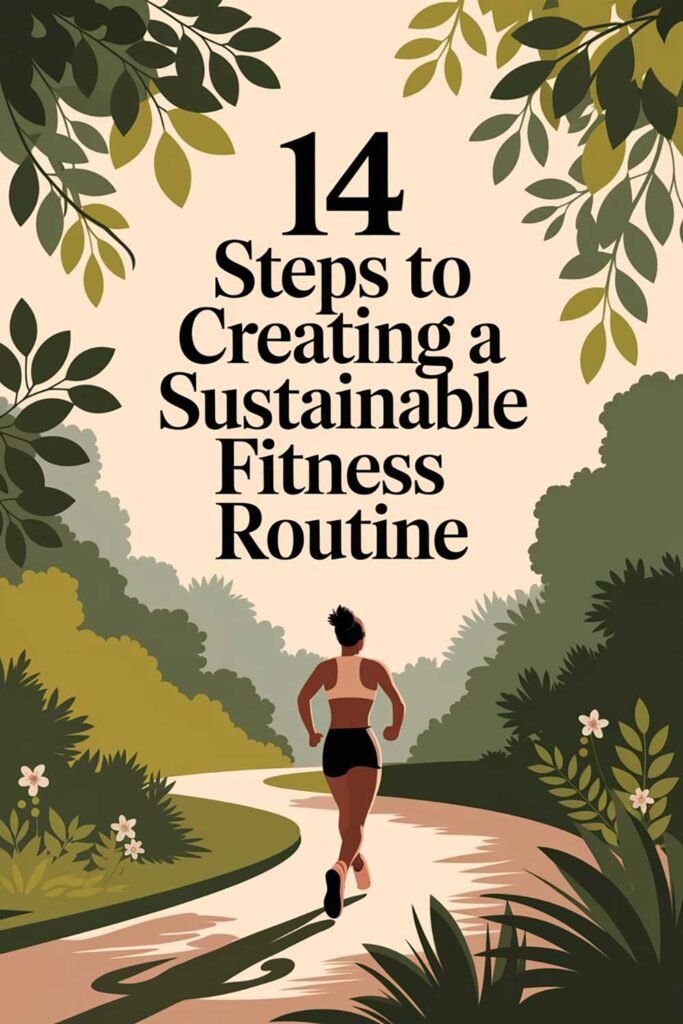The Science of Self-Care: Why It’s Essential for Long-Term Health
Self-care is often brushed off as a luxury — something extra you squeeze into your schedule if you have time.
But science tells a different story:
Self-care isn’t optional. It’s a biological, emotional, and psychological necessity.

Prioritizing regular self-care isn’t self-indulgent — it’s survival.
In this article, we’ll explore the scientific reasons self-care is crucial for long-term health, share real-life examples of how it transforms lives, and offer actionable ideas to make self-care a foundational part of your wellness journey.
The Biological Science Behind Self-Care
Your body isn’t just a machine you can push endlessly.
Without regular recovery, you experience:
- Elevated cortisol (stress hormone) levels
- Weakened immune response
- Chronic inflammation
- Accelerated aging
- Increased risk of diseases like heart disease, diabetes, and depression
Self-care helps regulate these biological systems and creates conditions for healing, repair, and thriving.
The Psychological Science Behind Self-Care
Self-care practices:
- Lower anxiety and depression symptoms
- Improve emotional regulation
- Boost dopamine and serotonin (mood-stabilizing chemicals)
- Enhance cognitive functioning, memory, and decision-making
Regular self-care strengthens your brain’s resilience against future stress and trauma.
1. Stress Reduction Extends Your Lifespan
Chronic stress is a slow, silent killer.
Research shows that stress accelerates cellular aging and increases risk of early mortality.
Self-care practices like mindfulness, exercise, and relaxation therapy actively reduce stress responses in the body.
Real-Life Example:
Sophia, a high-powered attorney, started practicing daily meditation after suffering a stress-related health scare. Six months later, she reported lower blood pressure, improved sleep, and more consistent energy levels.
2. Sleep is a Foundation, Not a Luxury
Poor sleep weakens your immune system, impairs brain function, and increases emotional reactivity.
Prioritizing sleep as self-care leads to better mood, sharper focus, and stronger physical health.
Real-Life Example:
David struggled with insomnia until he began a nighttime self-care routine: no screens after 9 PM, nightly journaling, and herbal tea. His sleep improved, and so did his productivity and emotional resilience.
3. Movement Isn’t Just for Fitness — It’s for Mental Health
Exercise stimulates the release of endorphins and reduces stress hormones.
It improves mood, brain function, and even promotes the growth of new brain cells.
Real-Life Example:
Jessica began daily 20-minute walks after experiencing work burnout. Walking outside became her meditation, therapy, and exercise rolled into one.
4. Nutrition Is Self-Respect in Action
What you feed your body directly impacts brain health, mood regulation, and immune function.
Nutrient-rich diets:
- Decrease risk of depression
- Enhance mental clarity
- Reduce inflammation
Real-Life Example:
Chris shifted to a diet rich in leafy greens, lean protein, and healthy fats. Within a few months, he noticed improved mental clarity, reduced anxiety, and more stable moods.
5. Social Connection Is Vital for Survival
Humans are wired for connection.
Social self-care (building healthy, supportive relationships) boosts emotional wellbeing and even strengthens the immune system.
Real-Life Example:
After moving to a new city, Laura made it a priority to join a local hiking group. The friendships she built there became a critical part of her support system during stressful times.
6. Emotional Self-Care Builds Resilience
Processing emotions through journaling, therapy, or mindfulness helps prevent emotional suppression — a key factor in developing anxiety and depression.
Real-Life Example:
Tom started weekly therapy sessions as a form of emotional self-care. Over time, he learned healthier coping skills and broke free from long-held patterns of anger and withdrawal.
7. Creativity Protects Cognitive Health
Engaging in creative activities like painting, writing, or playing music improves cognitive flexibility, lowers stress, and even delays cognitive decline.
Real-Life Example:
Amanda took up painting in midlife to help manage anxiety. Not only did her stress decrease, but she also reported feeling mentally sharper and more joyful.
20 Inspirational Quotes About the Science and Power of Self-Care
1. “Self-care is how you take your power back.”
2. “Your body hears everything your mind says. Speak kindly.”
3. “Taking care of yourself is productive.”
4. “Self-care is health care.”
5. “You cannot serve from an empty vessel.”
6. “Rest is not idleness; it’s survival.”
7. “Self-care isn’t selfish. It’s a biological need.”
8. “Your nervous system deserves your attention and kindness.”
9. “Healing begins with rest and self-love.”
10. “Self-care is a revolution disguised as rest.”
11. “Wellness is the complete integration of body, mind, and spirit.”
12. “You are the only home you will ever truly have. Care for it well.”
13. “Slowing down is sometimes the most powerful action you can take.”
14. “Peace is the highest form of self-care.”
15. “You deserve to feel good for no reason at all.”
16. “Self-care is the science of sustainable success.”
17. “Science shows what intuition always knew — rest heals.”
18. “You are not lazy for prioritizing your health.”
19. “To heal is to listen deeply to what your body and soul need.”
20. “There is no greater investment than the one you make in yourself.”
Picture This
Imagine waking up feeling refreshed, your mind clear, your heart light.
You move through your day connected to your own strength, fueled by good sleep, nourishing food, meaningful connections, and quiet moments of joy.
You aren’t running on fumes anymore.
You are thriving — body, mind, and spirit aligned.
Because you finally understood: self-care isn’t optional. It’s essential.
What simple self-care practice will you commit to today to protect your future health and happiness?
Share This Article
If this article inspired you, please share it with someone who could use a reminder that taking care of themselves isn’t selfish — it’s science-backed self-preservation.
Together, we can normalize radical, unapologetic self-care.
Disclaimer
This article is for informational purposes only and is based on personal experiences and insights. It is not intended to replace professional advice. Always consult with a healthcare professional before making any major lifestyle changes or decisions regarding your mental, emotional, or physical health. Results may vary.






